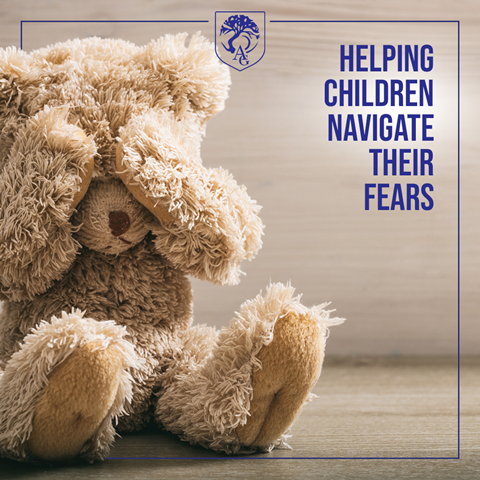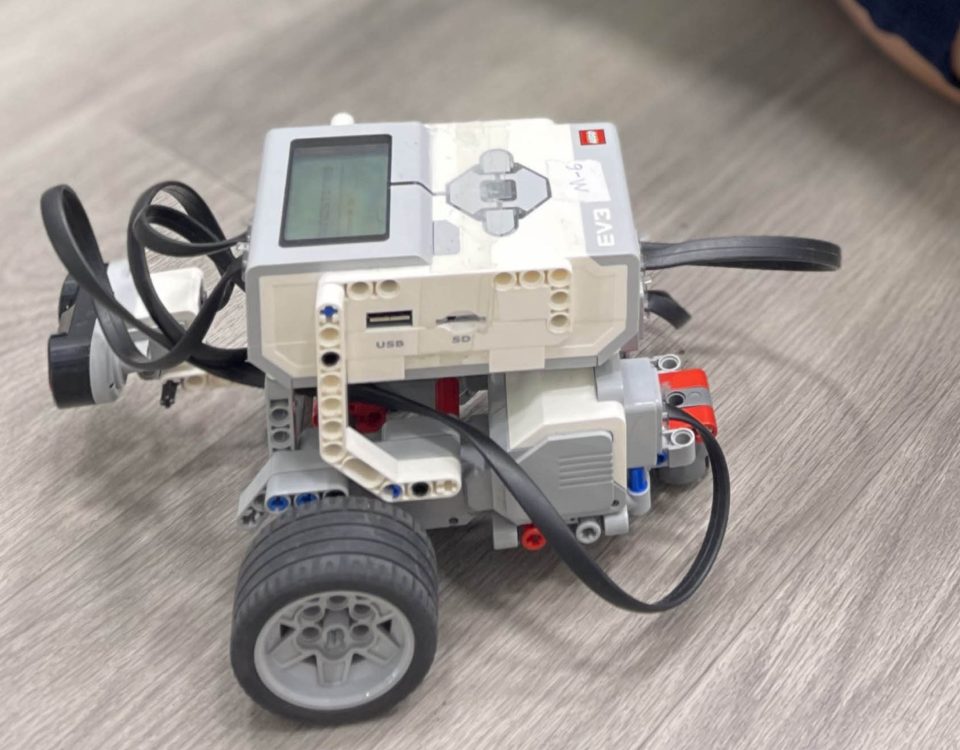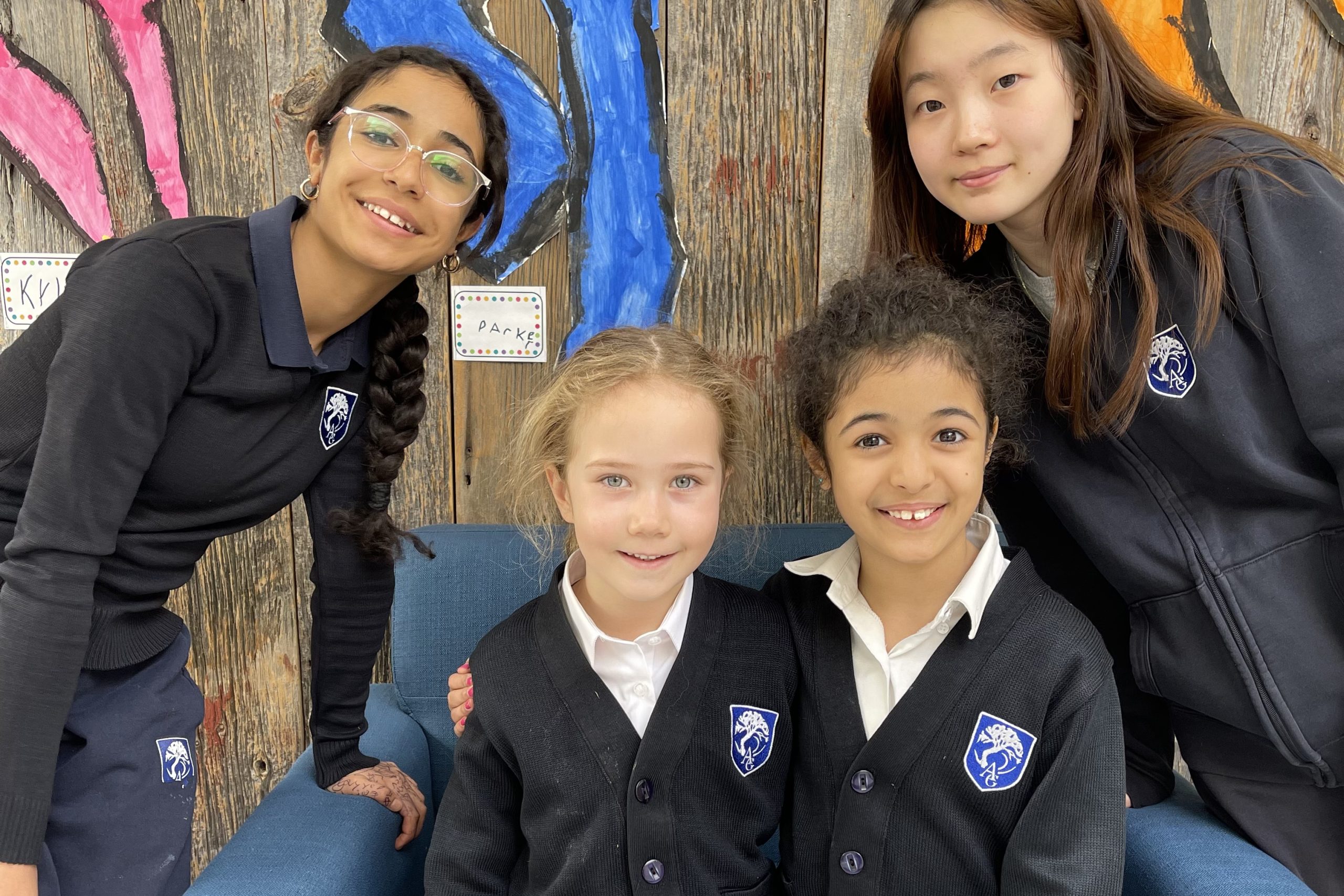Helping Children Navigate Fear
Helping Children Navigate Fear
Unless you’ve found yourself parenting a daredevil, fear in children is often inevitable. With new experiences comes uncertainty. Once a child learns that failing at something new can sometimes have negative consequences, they may need convincing to face their fears of the unknown next time around. For example, learning to ride a bike can sometimes result in a crash or a skinned knee or elbow. Once they learn what these things feel like, they’ll likely try to avoid it happening again. This may have them deciding that knowing how to ride a bicycle maybe isn’t a necessary task. Afterall, fear is a natural response that we are hardwired to experience. It was once a necessary emotion that kept our ancestors alive. While our means of survival have evolved over time, our propensity to experience fear hasn’t, especially as children. We don’t want children living with regret or limiting their abilities simply because of their fearfulness so it’s necessary to help them learn healthy ways to address it.
As adults, we often handle our fears by learning more about what causes our concern. Asking others their experiences and educating ourselves as much as we can all lends itself to building the confidence needed to face the things that scare us the most. Though our fears are of course much different than those of a child, we occasionally need convincing that things will be okay. Our children will need the same. Offering them as much information as possible about their fears, how to avoid or confront what it is they are afraid of, or why it is necessary to face their fears are all coping mechanisms that may soothe them. Having more uncertainty about what you are afraid of can make something simple seem monumental. The more children understand, the more likely they are to realize what had them so concerned before really isn’t all that bad at all.
Validate, Guide, and Be Patient
In times of panic, however, offering more information may not be as beneficial. If your child has somehow allowed their fear to overtake them and they’ve found themselves in a sense of hysteria, explaining the fear may cause their emotional control to decompensate. Don’t automatically discount their fear. Be sure to offer patience, gentle guidance, and validation of their feelings. It’s okay to be scared, but it’s not okay to let fear control your life.
Remind children that they’ve done this task before if it’s a fear they’ve faced in the past, like immunizations for example. Fear is often your child doubting themselves which then manifests as anxiousness or avoidance. Building their confidence will always empower them to do things that feel uncomfortable, and uncomfortable situations are often where children will experience the most growth.
Another coping mechanism for addressing fear in children is to introduce role models into the situation. Much like with our fears as adults, if a child knows someone who’s handled the same task well, they can become a role model that gives your child the strength and courage to face their fears. Introducing an older sibling, relative, or friend that has completed the same task your child is facing will help put their fear into perspective and show them that they can overcome whatever it is that is holding them back.
As with any parenting challenge, it’s important to remember to be patient. Growing frustrated in a situation where your child is already struggling with their emotions will do you no favors. Facing fears is often done in small steps, but any progress is progress to be celebrated. Reflect on their past accomplishments in regards to overcoming fears and equip them with the emotional intelligence to overcome whatever stands in their way.








